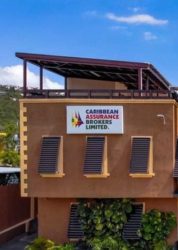Fresh from recommending the issue of new shares to their shareholders, the directors of Investment bankers, Barita Investments, approved the payment of an interim dividend of $3.029 per stock unit to be done on October 7, to shareholders as of September 23, 2021, to cost $3.29 billion.
The company also reported nine months results to June, with profit after tax for the June quarter coming in at $1.6 billion, up a strong 62 percent from $990 million reported in 2020 June quarter and ended the quarter, with earnings per share of $1.48 versus $1.21 in 2020. Earnings for the nine months ended at $3.38 per share from after tax profit of $3.67 billion, up 82 percent from $2 billion in 2020.
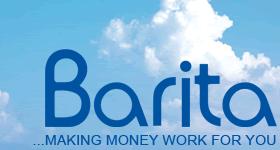
Barita eyeing acquisition.
Revenues net of interest expenses rose an impressive 75 percent in the quarter, to $2.64 billion from $1.5 billion and spiked 77 percent from $3.78 billion to $6.69 billion. Fees and commission income generated half of the revenues for the quarter in contributing $1.34 billion and $2.7 billion in the year to date period accounting for 41 percent of net revenues. Foreign exchange gains brought in $647 million in the quarter versus $321 million in 2020 and $1.78 billion year to date versus just $428 million in 2020. The above two areas are the fastest growing for the current fiscal year. Gain on investment activities is down in the quarter, from $257 million to $214 million and down from $1.1 billion in the nine months last year to $1 billion in 2021.
Expenses for the quarter surged 178 percent from $345 million in 2020 to $959 million and jumped 87 from $1.3 billion for the nine months to $2.43 billion. The latest results suggest that earnings per share for the full year could come close to $4.50, of course, with investment banking institutions, they could pick up or drop revenues in many different areas.
Shareholders approved the directors to issue 160 million shares to the public, its fourth capital raising foray since the majority shares in the company was acquired by Cornerstone United Holdings, but the issue may be upsized to as much as 240 million shares.
The shares to be issued may be upsized to a maximum of 80 million additional units if the invitation is oversubscribed. If all 240 million shares are taken up, the company could raise as much as $18 billion in fresh capital, ICInsider.com estimates on the basis that there will not be a steep discount to the price the stock has been mostly traded at up to last week.
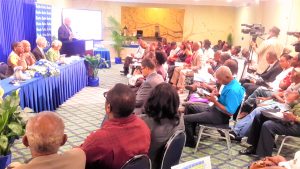
Shareholders at Barita Investments AGM.
The pricing and date of the issue are to be determined by the directors, but the offer document seems to be with the Financial Services Commission awaiting signing off of the issue. The last APO was done in August of 2020, the offer document was dated July 30, at which time the JSE closing price was $57.93, with the last traded price of $54, the offer was set at $52 for the general public and existing shareholders. With the stock trading around $82 recently, the price for the new APO could be around $75 to $80. The company could offer existing shareholders a much steeper discount as they did back in 2019, in which case the total take would be less.
Barita Investments is listed on the Jamaica Stock Exchange and has total assets of $84 billion, up from $49 billion a year ago, with Shareholders’ equity of $30.3 billion in June 2021. The company has $2 billion invested in Derrimon Trading, shown as Investment in Associated Company on Barita’s balance sheet. Derrimon contributed $42 million to profit in the quarter.
On Monday, the shares closed trading at $90.24 after jumping $7.24 and boast a PE of 20 times this year’s earnings.
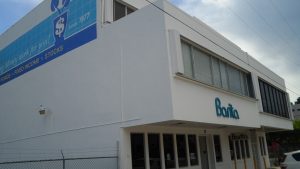
 The company, which is said to be dedicated to investing in and funding real estate developments through a combination of debt capital as well as equity capital, has projects on its books already, with developments in St Ann, St Catherine and Kingston, which the principals expect to extract extra value by way of creative acquisition and disposal. The company strategy is to fund new developments through real estate notes secured by a charge over the properties.
The company, which is said to be dedicated to investing in and funding real estate developments through a combination of debt capital as well as equity capital, has projects on its books already, with developments in St Ann, St Catherine and Kingston, which the principals expect to extract extra value by way of creative acquisition and disposal. The company strategy is to fund new developments through real estate notes secured by a charge over the properties. Reports reaching ICInsider.com indicate strong buying interests locally and from overseas in townhouses and detached units in the country’s hills, and many see Jamaican real estate as cheap.
Reports reaching ICInsider.com indicate strong buying interests locally and from overseas in townhouses and detached units in the country’s hills, and many see Jamaican real estate as cheap.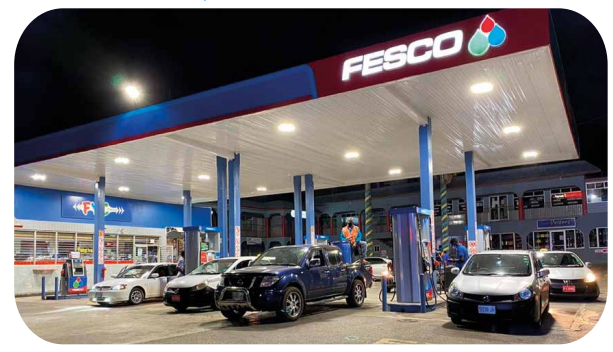 Applicants in the General Public Pool receives 1,000 shares plus aroud 43.876 percent of the excess for they applied. The Brokers for the issue states that “multiple applications from the same JCSD account for each pool were combined and treated as one application for the purposes of allocation.
Applicants in the General Public Pool receives 1,000 shares plus aroud 43.876 percent of the excess for they applied. The Brokers for the issue states that “multiple applications from the same JCSD account for each pool were combined and treated as one application for the purposes of allocation.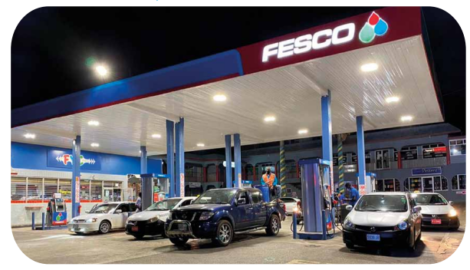 NCB Capital Markets, the brokers for the issue, reported on Thursday that the issue, priced at 80 cents per share and opened on Wednesday, closed on Thursday the Junior Market IPO issue was oversubscribed. The successful closure of the issue will see the listings of companies rising to 42 from the current 41 on the Junior Market of the Jamaica Stock Exchange.
NCB Capital Markets, the brokers for the issue, reported on Thursday that the issue, priced at 80 cents per share and opened on Wednesday, closed on Thursday the Junior Market IPO issue was oversubscribed. The successful closure of the issue will see the listings of companies rising to 42 from the current 41 on the Junior Market of the Jamaica Stock Exchange.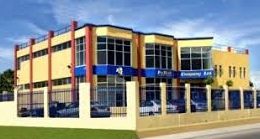 “We are currently examining a possible additional Public Offer (APO) in 2021,” managing director Cecil Foster stated in response to ICInsider.com enquiry as to why would they not take advantage of favourable market conditions currently to reduce the high debt load.
“We are currently examining a possible additional Public Offer (APO) in 2021,” managing director Cecil Foster stated in response to ICInsider.com enquiry as to why would they not take advantage of favourable market conditions currently to reduce the high debt load.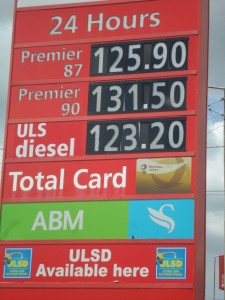 The projection for revenues to March this year is $6 billion, with profit of $151 million for earnings per share before tax of 7 cents and a price earnings ratio of 11.4 that compares well to
The projection for revenues to March this year is $6 billion, with profit of $151 million for earnings per share before tax of 7 cents and a price earnings ratio of 11.4 that compares well to  The evidence can be seen in an exchange rate that was US$1.10 to the Jamaican dollar to nearly $150 to one US dollar now. Interest rates rose from 5.5 percent in 1970 for governments Local Registered Stock, by the dark years in 1990s rates on government paper were as high as 52 percent in 1994. The average
The evidence can be seen in an exchange rate that was US$1.10 to the Jamaican dollar to nearly $150 to one US dollar now. Interest rates rose from 5.5 percent in 1970 for governments Local Registered Stock, by the dark years in 1990s rates on government paper were as high as 52 percent in 1994. The average 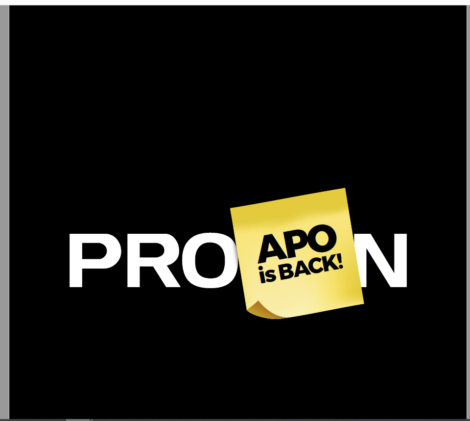 Three companies went to the market to raise funds in January and all were successful with the latest
Three companies went to the market to raise funds in January and all were successful with the latest 


